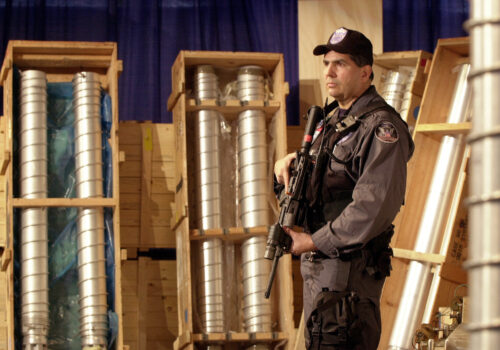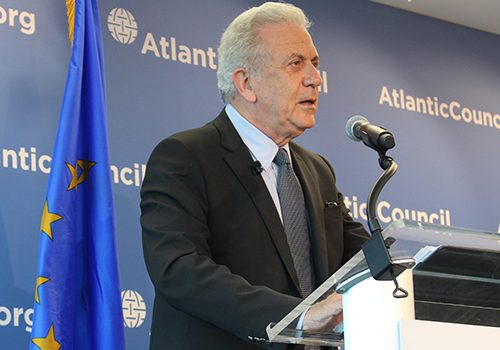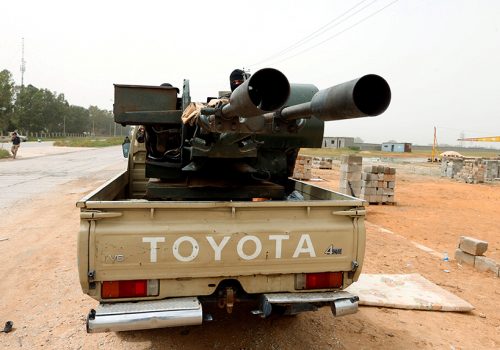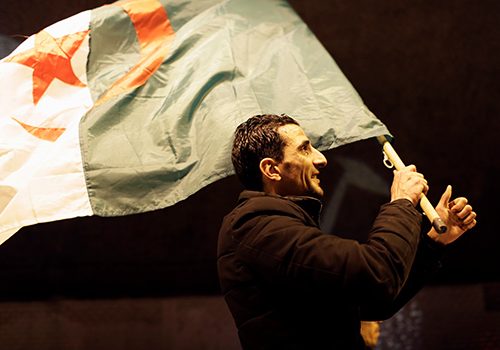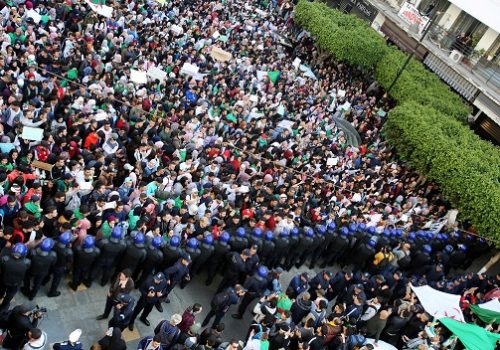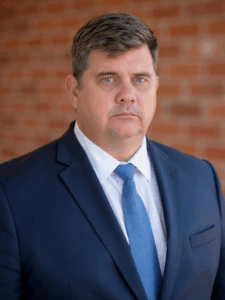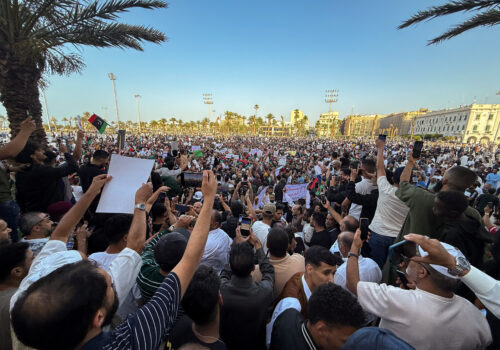
MENASource
May 27, 2025
Beyond ceasefires: Reimagining stability and engagement in Libya
By
Karim Mezran and Roberta Maggi
With all major political institutions mired in crisis, a renewed approach to peace enforcement is pivotal to building stability.
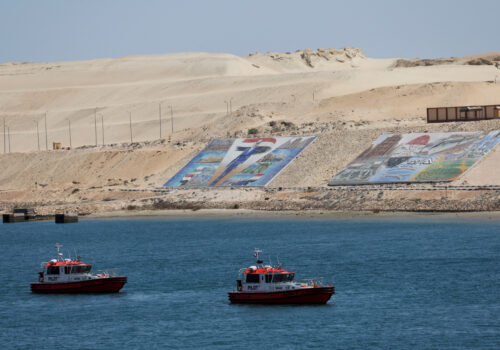
MENASource
May 14, 2025
Choppy waters: Egypt’s waning patience with President Trump
By
Shahira Amin
The US president’s Suez Canal demands signal “a shift in US-Egyptian relations” which experts describe as “at their lowest ebb in decades.”
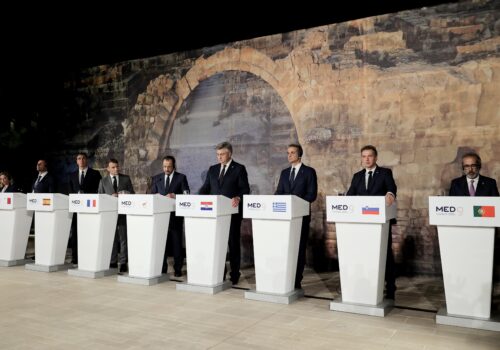
EnergySource
Mar 11, 2025
The Mediterranean must work collectively to harness the power of renewables
By
Karim Elgendy
The EU Commission’s recent release of its Clean Industrial Deal underscored regional commitment to decarbonization. To capitalize on this momentum, the Mediterranean must engage in cross-border collaboration to overcome geopolitical tension and limited finance to achieve its renewables goals.
Programs
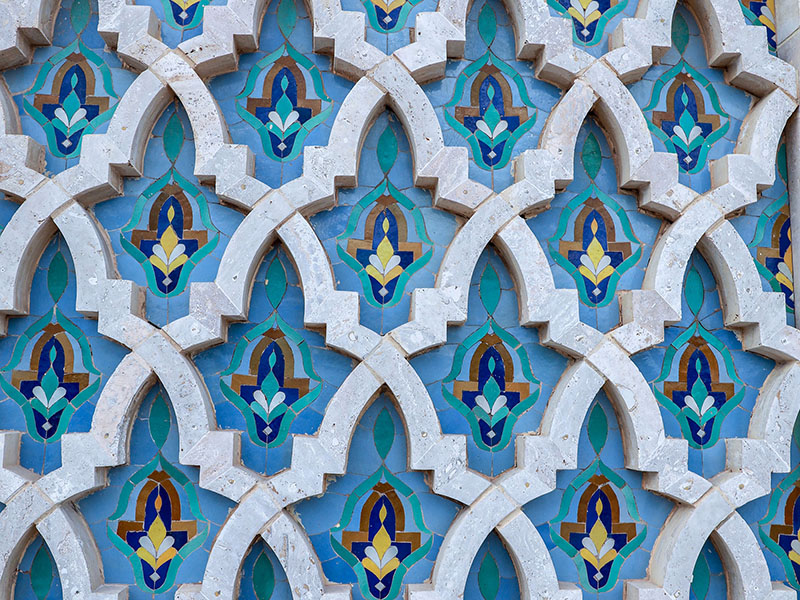
Middle East Programs
Working with our allies and partners in Europe and the wider Middle East to protect US interests, build peace and security, and unlock the human potential of the region.
Libya
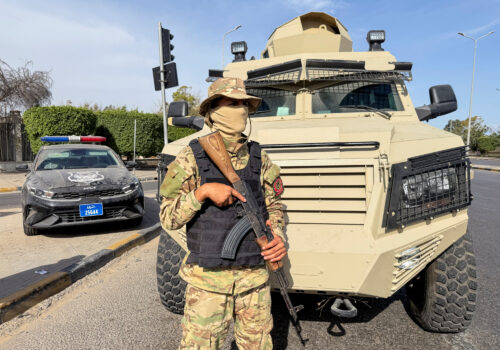
MENASource
May 16, 2025
The killing of Abdul Ghani al-Kikli may be a turning point for Libya
By
Karim Mezran and Dario Cristiani
The killing is considered to be part of a push to eliminate influential militia leaders and consolidate GNU loyalist control over Tripoli.
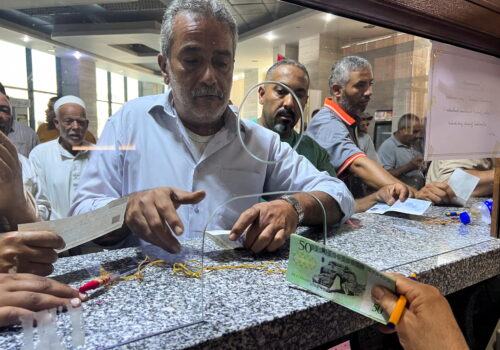
MENASource
Apr 16, 2025
Solving Libya’s economic collapse will require confrontation—not consensus
By
Emadeddin Badi
If the status quo continues, the next phase of Libya’s crisis will not be quiet erosion. It will be public revolt.
